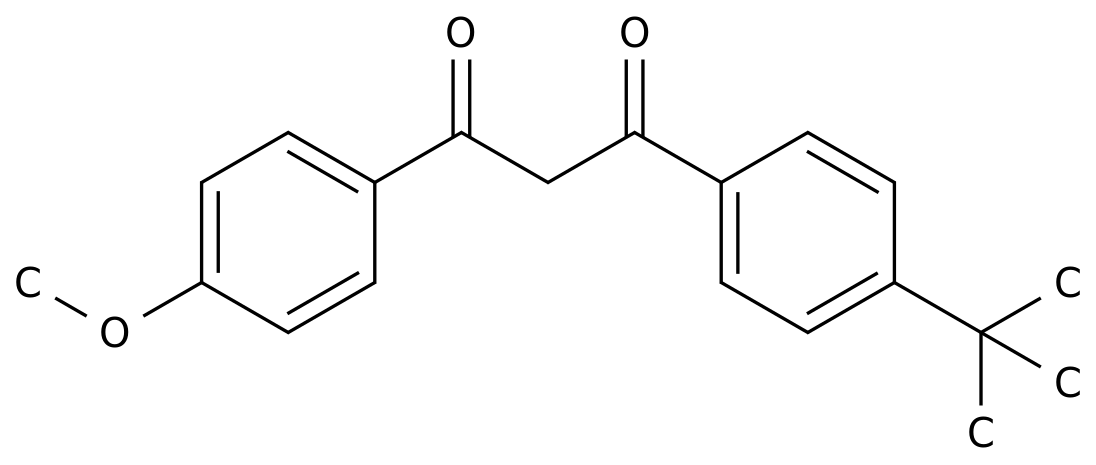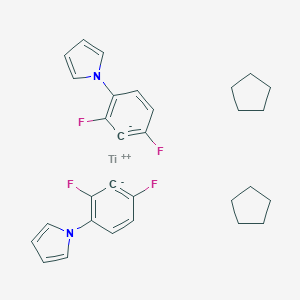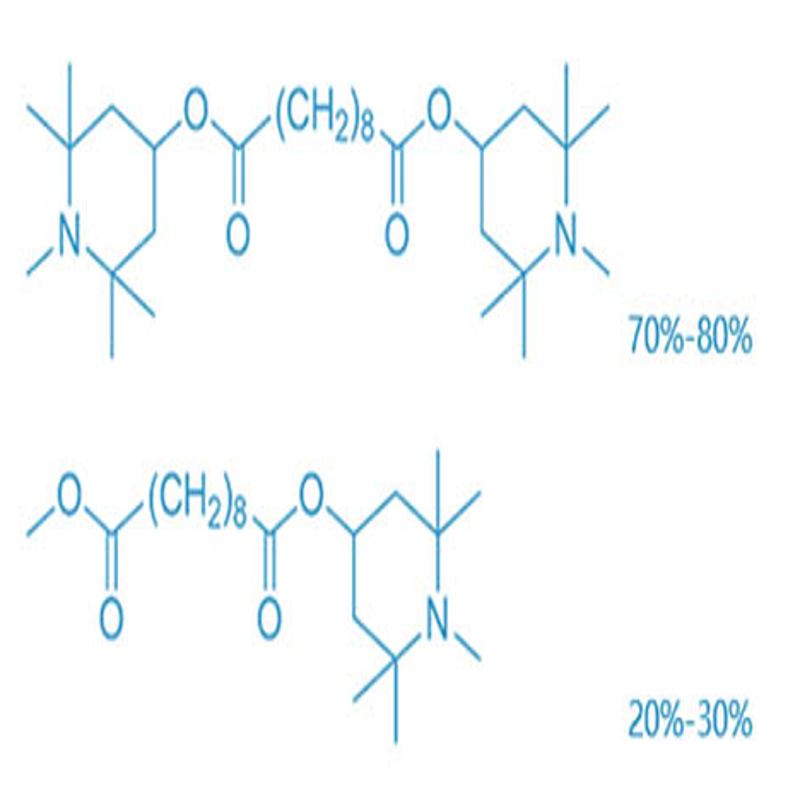-
Categories
-
Pharmaceutical Intermediates
-
Active Pharmaceutical Ingredients
-
Food Additives
- Industrial Coatings
- Agrochemicals
- Dyes and Pigments
- Surfactant
- Flavors and Fragrances
- Chemical Reagents
- Catalyst and Auxiliary
- Natural Products
- Inorganic Chemistry
-
Organic Chemistry
-
Biochemical Engineering
- Analytical Chemistry
-
Cosmetic Ingredient
- Water Treatment Chemical
-
Pharmaceutical Intermediates
Promotion
ECHEMI Mall
Wholesale
Weekly Price
Exhibition
News
-
Trade Service
The Abu Dhabi Development Fund (ADFD) in the Middle East has so far financed hundreds of development projects in the renewable energy sector around the world, totaling US$1.
18 billion
.
These projects contribute to the goals of the United Nations Sustainable Development Goals (SDGs), facilitating about 2,584 MW of renewable energy projects
in different countries.
Since 1974, ADFD has provided about AED 2.
7 billion ($737 million) in financing for renewable energy projects through co-financing
agreements with many developing country governments.
The remaining funds are allocated through innovative and strategic partnerships, including the $350 million Irena/ADFD Project Fund, the $50 million UAE-Caribbean Renewable Energy Fund (UAE-BRF), and the $50 million UAE-Pacific Partnership Fund (UAE – PPF).
Mohammed Saif Al Suwaidi, Director General of ADFD, said: "ADFD believes in the important role
that the renewable energy sector plays in achieving sustainable development goals in developing countries.
”
"This important sector stimulates economic growth, creates jobs, drives innovation, supports the development of other key sectors, and optimizes the use of
natural resources," Al Suwaidi noted.
These are key factors
in improving people's lives.
”
In addition to supporting sustainable development in key socio-economic sectors, ADFD finances important renewable energy projects
.
In Jordan, ADFD donated $150 million to fund the Sheikh Zayed solar power plant, in line with the Jordanian government's goal of generating 20% of energy from renewable sources by early 2020
.
In eastern Sudan, ADFD allocated $90 million in concessional loans and contributed
to the construction of the Upper Atbara and Setit dam complexes.
In northern Sudan, it provided 735 million dirhams
for the construction of the Merowe Dam.
The strategic project helps the country fill its power deficit by generating a total of 1,250 megawatts, benefiting more than 30 million people
.
ADFD said it had allocated a $33 million concessional loan to develop waste-to-energy facilities
in Sharjah.
Expected to process more than 300,000 tons of municipal solid waste (MSW) per year, or 37.
5 tons per hour, the plant will be able to generate about 30 megawatts of energy
.
The facility, which will be completed in early 2021, aims to help achieve Sharjah's zero waste to landfill target and the UAE's goal of diverting 75% of municipal solid waste from landfill by 2021
.
In the Republic of Seychelles, ADFD has allocated $28 million to support the use of wind turbine technology to produce clean electricity to replace some diesel-powered power plants
.
The Abu Dhabi Development Fund (ADFD) in the Middle East has so far financed hundreds of development projects in the renewable energy sector around the world, totaling US$1.
18 billion
.
These projects contribute to the goals of the United Nations Sustainable Development Goals (SDGs), facilitating about 2,584 MW of renewable energy projects
in different countries.
Since 1974, ADFD has provided about AED 2.
7 billion ($737 million) in financing for renewable energy projects through co-financing
agreements with many developing country governments.
The remaining funds are allocated through innovative and strategic partnerships, including the $350 million Irena/ADFD Project Fund, the $50 million UAE-Caribbean Renewable Energy Fund (UAE-BRF), and the $50 million UAE-Pacific Partnership Fund (UAE – PPF).
Mohammed Saif Al Suwaidi, Director General of ADFD, said: "ADFD believes in the important role
that the renewable energy sector plays in achieving sustainable development goals in developing countries.
”
"This important sector stimulates economic growth, creates jobs, drives innovation, supports the development of other key sectors, and optimizes the use of
natural resources," Al Suwaidi noted.
These are key factors
in improving people's lives.
”
In addition to supporting sustainable development in key socio-economic sectors, ADFD finances important renewable energy projects
.
In Jordan, ADFD donated $150 million to fund the Sheikh Zayed solar power plant, in line with the Jordanian government's goal of generating 20% of energy from renewable sources by early 2020
.
In eastern Sudan, ADFD allocated $90 million in concessional loans and contributed
to the construction of the Upper Atbara and Setit dam complexes.
In northern Sudan, it provided 735 million dirhams
for the construction of the Merowe Dam.
The strategic project helps the country fill its power deficit by generating a total of 1,250 megawatts, benefiting more than 30 million people
.
ADFD said it had allocated a $33 million concessional loan to develop waste-to-energy facilities
in Sharjah.
Expected to process more than 300,000 tons of municipal solid waste (MSW) per year, or 37.
5 tons per hour, the plant will be able to generate about 30 megawatts of energy
.
The facility, which will be completed in early 2021, aims to help achieve Sharjah's zero waste to landfill target and the UAE's goal of diverting 75% of municipal solid waste from landfill by 2021
.
In the Republic of Seychelles, ADFD has allocated $28 million to support the use of wind turbine technology to produce clean electricity to replace some diesel-powered power plants
.







